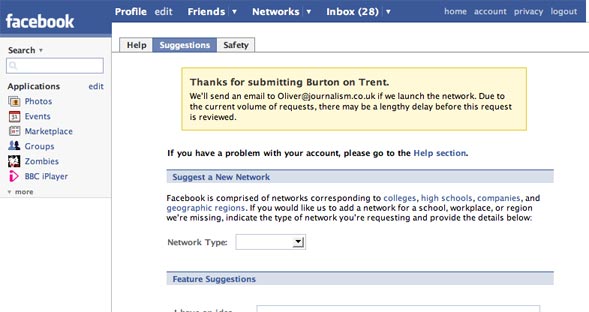 Kristine Lowe’s (left) Online Journalism Scandinavia this week looks at the demand for celebrity bloggers in Sweden.
Kristine Lowe’s (left) Online Journalism Scandinavia this week looks at the demand for celebrity bloggers in Sweden.
Swedish lifestyle sites are using celebrity bloggers to drive traffic and to help lure attractive advertisers to their sites.
Swedish blogger Katrin Schulman (below) recently made it known she was keen to move her delicately named blog, Fuck you right back, away from lifestyle site Stureplan.se, in search of a pay per click deal.
Schulman is big news in the Swedish blogosphere. She is married to one of the nation’s most successful bloggers (neither known for mincing their words, hence the name of her blog), her husband is also part of a family that is old, aristocratic and influential in its own right.

She told the Swedish media: “I only work on commission. Four pence per unique visitor per month,” and promised to deliver nothing short of 120,000 visitors to any potential site wanting to host her blog.
It’s a far cry from the digital era sweatshop described by The New York Times.
She was eventually hired by Sthlmsfinest.com, a website and online community focused on celebrities and a direct competitor of Stureplan, which is a general lifestyle magazine and site born out of Stockholm’s club scene.
“We have seen a 15,000 increase in visitors just in the couple of days Katrin has been blogging here. She has a lot of readers,” Alexander Erwik, editor-in-chief of Sthlmsfinest, told Journalism.co.uk.
All the bloggers the site hired by Sthlmsfinest.com to write high-profile blogs about music, fashion and trends have to bring in their own audiences, Erwik added.
He also said that he hoped that in just two weeks hiring Schulman would have brought a substantially traffic increase from 70,000 users to around 100,00 readers to the site.






